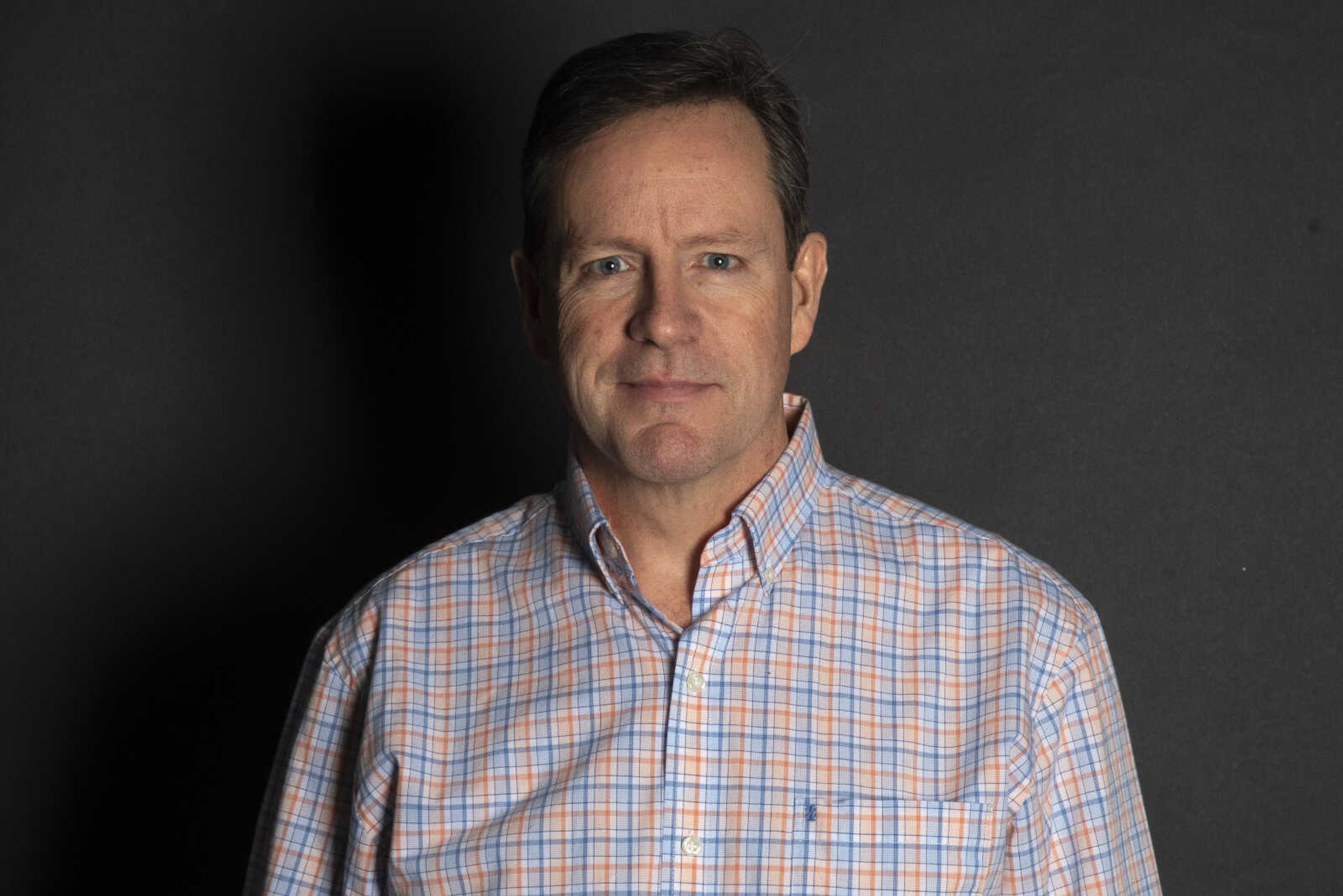Praying publicly
I watched on television when the Senate Chaplain Barry C. Black was praying to open a meeting to consider articles of impeachment delivered by the House of Representatives. The news anchors were anticipating the minister's message to the Senators through the prayer. ...
I watched on television when the Senate Chaplain Barry C. Black was praying to open a meeting to consider articles of impeachment delivered by the House of Representatives. The news anchors were anticipating the minister's message to the Senators through the prayer. He was eloquent, and you could read between the lines if you tried. Some described his prayer about reaping what you sow as an "ominous warning to the senators." It is hard to pray without a bias, but we are all entitled to our opinions. I am thankful for the freedom we have to offer prayers publicly.
Freedom to offer an opening (invocation) or closing prayer (benediction) may be gone before we know it. Virginia House Democrats walked out of the legislature, February 11, when Robert M. Grant Jr. condemned abortion during his opening prayer. According to the local news, one lawmaker interrupted Grant by yelling, "Is this a prayer or a sermon?" Grant later defended his prayer by stating, "I think that the statehouse belongs to all the citizens. And all the citizens have a voice." He went on to say, "If it's my turn to have a voice, and I am a pastor, what do you expect from me? If you don't want to hear what a pastor has to say, then don't invite one."
The situation of pastors only being allowed to offer prayers that those in power agree with is nothing new. In Bible times, prophets were expected to speak positively about those who held positions of authority, and when they spoke words that were not favorable, they suffered for it. In 1 Kings 22, we read about Ahab being told what he wanted to hear by 400 prophets. Only Micaiah was willing to prophesy that something bad would happen to Ahab, and his prophecy was fulfilled.
It is humbling for me to have had many opportunities to pray publicly. I always try to speak the truth in love -- realizing not everyone wants to hear someone pray. I do not want to abuse this privilege in a way that limits opportunities for other members of the clergy. So far, no one has walked out or yelled at me during a prayer. Hopefully, fear of intimidation will never alter my public prayers.
I have been complimented for ending my prayers, "In Jesus' name." The reason I pray this way is twofold. First, I base it on John 14:13-14, a passage where Jesus tells his disciples that he will do what they ask in his name. Praying in Jesus' name reminds me to attempt to pray according to the will of God as revealed in Scripture. The second reason I pray in his name is because I am not ashamed of Jesus. As a Christian pastor, I would not expect anyone to be offended by my prayer any more than they would a prayer offered by someone of a different faith.
Have you heard the story of the little boy who was criticized for his prayer? He responded by saying, "I wasn't talking to you." When we pray, let's remember that we are talking to God. If he is pleased with our prayer, that is all that really matters.
It is usually more effective to speak about what we are for than what we are against. But sometimes someone needs to say something. If you can only tolerate people who agree with you, then take comfort that human nature has not changed in thousands of years. There are still about 400-to-1 who will tell you what you want to hear. God bless the few who are willing to tell the truth and those who are willing to listen.
Connect with the Southeast Missourian Newsroom:
For corrections to this story or other insights for the editor, click here. To submit a letter to the editor, click here. To learn about the Southeast Missourian’s AI Policy, click here.










